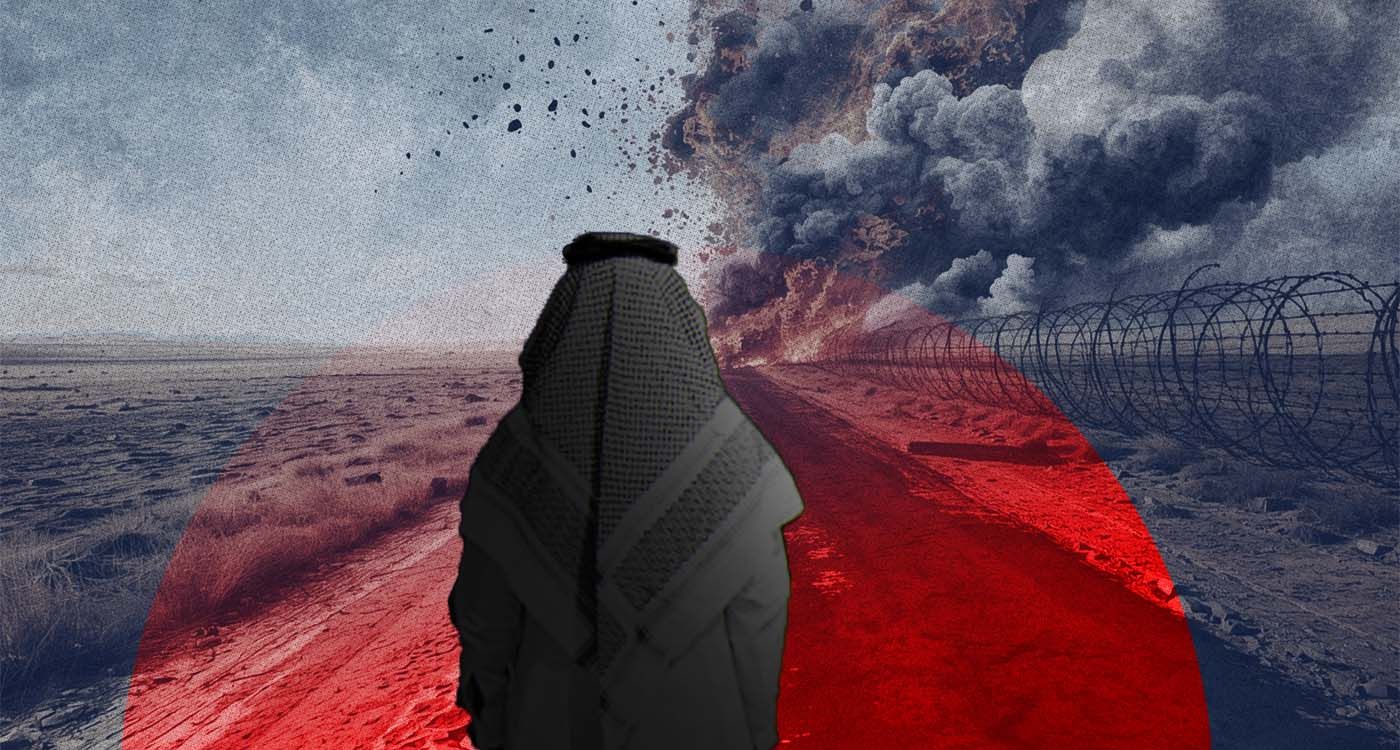- Home
- Middle East
- Two Years of Arab and Muslim Failure

©This Is Beirut
Today marks the second anniversary of the horrific attacks when Hamas militants stormed out of the Gaza Strip into nearby Israeli towns. They killed, maimed and burned 1,200 civilians in a brutal door-to-door rampage, kidnapping 250. This assault demanded unequivocal condemnation from Arab and Muslim populations, yet responses ranged from celebration to justification. Two years later, Arab and Muslim introspection remains absent, and failure persists.
The October 7 attack was a tragic massacre of Israelis. No amount of Palestinian desperation or grievances – real or imagined – can justify such barbaric violence.
International law protects the weak – in this case, the Palestinians – against the strong, the Israelis. When the weak abandon the law, their losses far exceed those of the strong, a lesson that Palestinians and their friends have yet to learn.
Instead, the Palestinian approach prioritizes showcasing victimhood to garner global sympathy and immunity. Sympathy is weaponized to vilify and delegitimize Israel, with the ultimate aim of undermining its existence. Immunity is invoked to excuse lawlessness, including non-state violence against Israelis. This model, rooted in emotion rather than reality, perpetuates Palestinian misery.
What Palestinians needed, before and after October 7, was an honest discussion about their options. The failure to establish a Palestinian state is not due to Israeli control over territory but stems from Palestinian inability to form a representative, reliable government that speaks for all of them and delivers on its commitments without shifting goals to suit populist narratives, as the Palestinian Liberation Organization (PLO) has done since 1993.
Friends of Palestinians – particularly in the Arab and Muslim world – have failed them. Instead of fostering pragmatic discussions about costs, consequences and governance, many have indulged in emotional rhetoric and populism, focusing on vilifying Israel’s response to October 7 while ignoring the barbaric actions that triggered the response and the Arab and Palestinian failure to force a Hamas surrender that would have ended the war on October 8.
This failure is compounded by restricted information in many Arab countries, even those like Lebanon that claim freedom of expression. Most Arabs lack accurate information about Israel and its people. The information diet fed to Arab audiences often includes selective voices: anti-Israel Jewish intellectuals like Noam Chomsky or Norman Finkelstein, Western-based Arab commentators with limited regional expertise, such as the late Edward Said, and translations of fringe Israeli articles from either far-right war advocates or far-left critics of Israel’s self-defense.
This curated narrative fuels misinformation, particularly used by Islamist media, where antisemitic tropes – such as claims of a Jewish state spanning from the Euphrates to the Nile or allegations of ethnic cleansing – persist unchecked. Vilifying and boycotting Israel is designed not only to pressure the Jewish state but also to keep global audiences, especially Arabs and Muslims, misinformed.
Over the past two years, I have worked to explain Israel to Arab audiences and debunk myths. Reactions have been mixed. While some acknowledge the Arab shortcomings I highlight, a common rebuttal is: Why don’t you criticize Israel? My response: Israel has its own social scientists and intellectuals addressing its issues, and their success is evident in Israel’s achievements compared to most Arab states.
In contrast, Arab intellectuals rarely challenge official narratives, often aligning with populist sentiment. While many focus on criticizing Israel, few address the internal challenges facing Arab societies. For example, while some Arabs celebrated the tens of thousands of Israelis protesting their government for months on end, they overlooked the irony: only a handful of Arabs dared to question prevailing narratives by holding Hamas accountable instead of solely condemning Israel.
Two years after the October 7 tragedy, this piece is not meant to console Israelis or reaffirm their pain and response – I have done that elsewhere. Instead, it serves as a call to my fellow Arabs: most Arab thinkers and writers have failed their people by fixating on Israel’s faults while ignoring their own.
A Palestinian state begins with introspection and institution-building, not merely territorial demands or complaints about perceived injustices. A mature, reliable government capable of negotiating peace with Israel must come first. Only then can a viable state emerge.
The same introspection is needed in Lebanon. After decades of blaming external powers, particularly Israel, for their woes, the Lebanese must look inward, disarm Hezbollah, hold free and fair elections, and rebuild their state.
October 7 is not only a reminder of the horrific massacre of Israelis but also a call for Arabs to learn from this tragedy. Addressing internal challenges is the only way to ensure that such violence, and the devastating war that followed, never happen again.
Read more




Comments